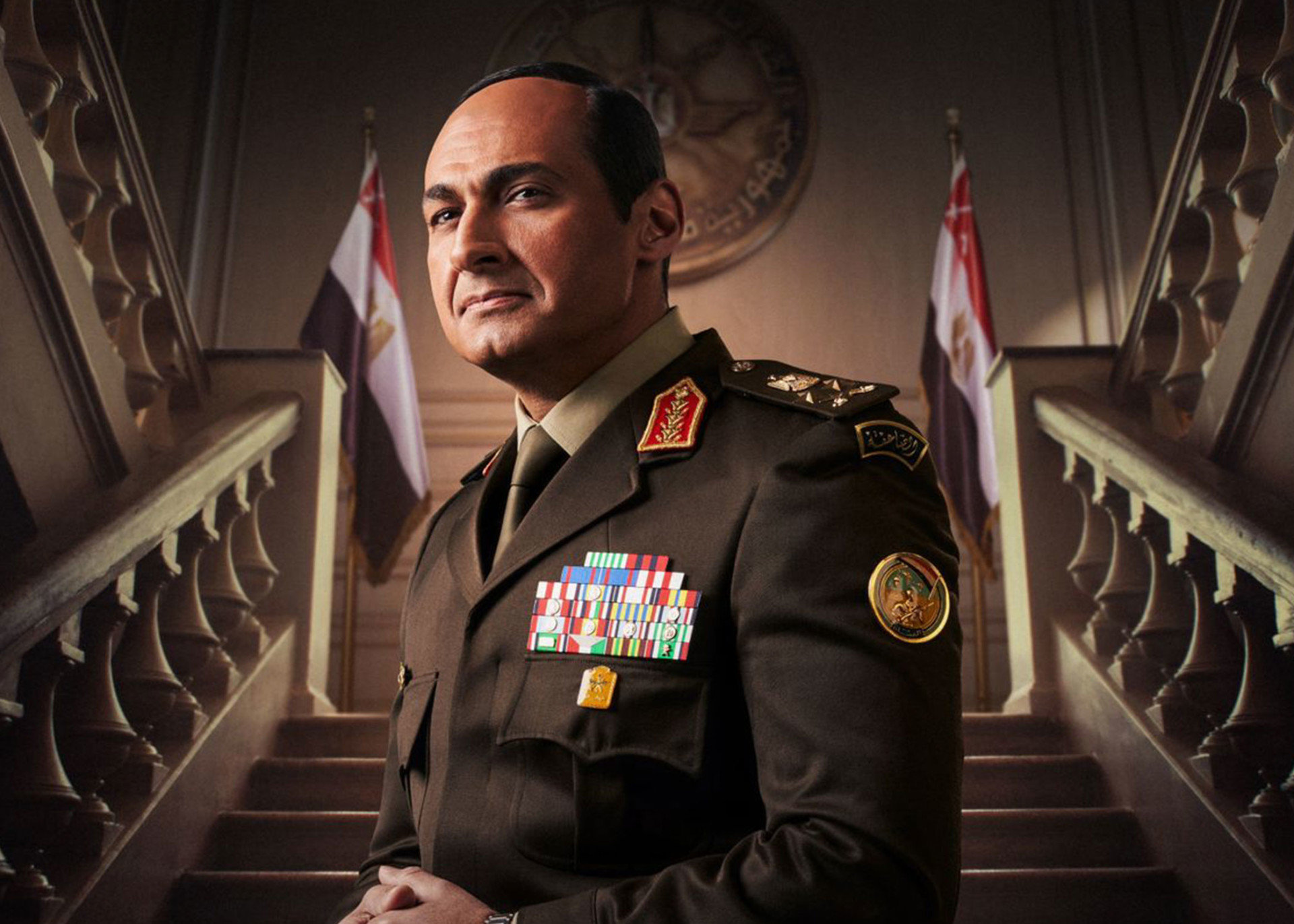Spotlight is a newsletter about underreported cultural trends and news from around the world, emailed to subscribers every Monday. Sign up here.
The Super Bowl has nothing on Ramadan.
I always found the amount of agonizing over food and snacks and entertainment and guest lists to be adorably quaint, because that was every day in Ramadan. My father was a family man in the broad, far-reaching sense of the term. He made it his mission to bring over as many of my cousins as he could from Egypt to find them work in Dubai, where we lived, so they could build up their future and save money in preparation for the next phase of their lives, mentoring and supporting them. As a result, our family home had the constant thrum of conversation amid the warmth and love. It was the same in most of the other families we knew.
It was even more so during Ramadan. We whiled away the afternoons watching the famous Ramadan soap operas that ran (and still run) throughout the holy month, anticipating the large family gatherings and general food-induced lethargy before and after breaking the fast to maximize viewership. Iftar itself was a lavish, generous meal, followed by tea and more TV. Then evening prayers at the mosque. And more TV.
Imagine the potential for political messaging, brand awareness and propaganda when you have a captive audience for an entire month. It’s as though you had a 30-day-long Super Bowl, with all the revelry and ads and performances. The potential is even greater with streaming services that let viewers binge-watch more of the available series on their own schedule, in addition to the usual timetable of satellite TV. One of the more popular services is Shahid, which is part of the Saudi-owned MBC network.
Egypt’s film and television industry has long had an outsized cultural influence, and its Ramadan series are no exception. It also often hinted at cultural and political shifts. Take the 2015 drama series released during the holy month titled “Haret al-Yahoud” (the Jewish quarter). Set in 1948, the series highlighted the Jewish community in Egypt in the immediate aftermath of the creation of the Israeli state, portraying its members in a sympathetic, anti-Zionist light while ignoring the Nasserite Arab nationalists’ role in forcing them to flee from the country (the villains are, predictably, the Muslim Brotherhood). The series preceded secret talks that ultimately led to peace treaties between the Gulf countries and Israel, acting almost as a bellwether of the sentiment of political leadership. This despite the fact that after 40 years of cold peace, it is still generally social suicide for most individuals to declare affinity with Israel.
Or take the series that has been making waves this month, on Shahid, called “Al Ikhtiyar” or “The Choice.” Now in its third season, the series tells the story of the Muslim Brotherhood from the current government’s perspective. The third season deals with the run-up and aftermath of the 2013 coup and for the first time shows President Abdel Fattah al-Sisi played by an actor (Egyptian presidents have usually been depicted only after their deaths, with films and TV series featuring Gamal Abdel Nasser and Anwar Sadat). The performances are peppered with some real-life footage, such as an apparent secret recording of a meeting between the presumptive president, Mohammed Morsi (who died in custody in 2019), and military chief Mohammed Hussein Tantawi, in which the former warns that tampering with the election results could lead to upheaval in the country (the fact that the military was clandestinely recording a meeting with the likely next president is both unsurprising and chilling). The recording appears to have been taken without Morsi’s knowledge and shows Sisi in the background taking notes. Sisi is often depicted, predictably, as upstanding and as someone who sought to resist political pressure on the military.
It is of course difficult to discern truth from fiction in such works of art, particularly given the secretive nature of these dealings, but they all add up to a relentless sort of public framing that primes minds to think about events, groups and people in a certain way. It is akin to how media reports on Iran, for instance, often portray the country as militaristic and implacable even when the story in question is about something else, and irrespective of the truth of the portrayal. This opportunity is multiplied because of the audience draw when it comes to Ramadan.
Art has an interesting place in autocratic countries. Prominent Egyptian artists and actors, such as the legendary Adel Imam, have often been derided for not standing up to the regime in crucial moments. This is despite Imam starring in biting critiques of Arab regimes in his comedies, such as the play “Al Zaeem” (The Boss), where he plays the amalgamation of several Arab presidents rolled into one, or the film “Al Irhabi” (The Terrorist), which explored extremism during a wave of takfiri terrorist attacks in the 1990s including against intellectuals and public figures, at risk to himself. (Takfiris are radical Muslims who excommunicate those they perceive to be apostates.) The opposing argument is that this artistry is a form of letting out steam, an outlet for the public to express and witness their frustration and be ameliorated by the act, rather than do anything about it.
It’s probably a bit of both. But there is no doubt that the Ramadan drama season is rapidly becoming an arena for competing political ideas and currents in an increasingly polarized region.



